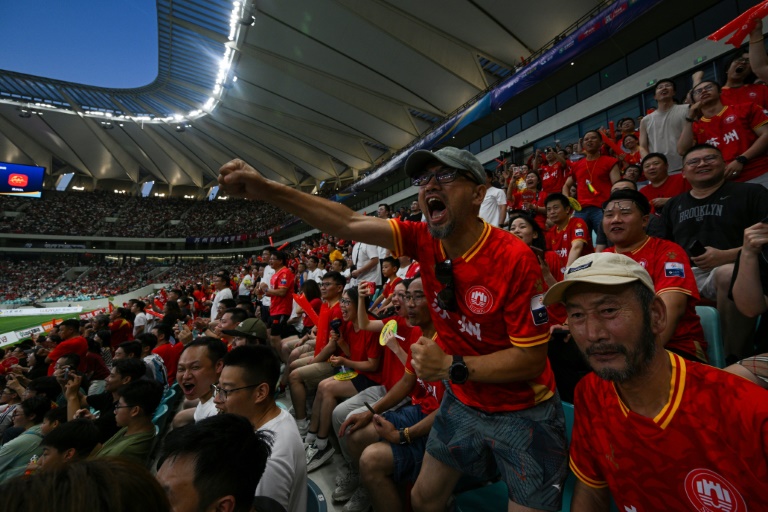In a country where professional football has long been plagued by corruption scandals, underperforming national teams, and fan disillusionment, an unexpected hero has emerged: amateur football leagues. Across China, grassroots football is gaining traction, offering a purer, more passionate version of the beautiful game—one that is slowly winning over even the most cynical fans.
The Decline of Trust in Professional Football
For years, Chinese football has struggled with systemic issues. The Chinese Super League (CSL), once buoyed by massive investments and high-profile foreign signings, has seen declining attendance and interest due to mismanagement, financial instability, and match-fixing scandals. The national team’s persistent failures have only deepened fans’ frustration.
Many supporters, tired of empty promises and commercialized mega-clubs, have turned their backs on the professional game. But instead of abandoning football altogether, they are finding solace in local amateur leagues, where the sport is played for love, not money.
The Rise of Grassroots Football
Amateur leagues are flourishing in cities across China, from Beijing and Shanghai to smaller provincial towns. These leagues are often community-driven, organized by local clubs, universities, or even groups of friends. Unlike the CSL, where results are often overshadowed by off-field drama, amateur football offers authenticity.
Why Fans Are Flocking to Amateur Leagues
- Passion Over Profit
- Without big-money contracts or corporate interference, players compete purely for the love of the game.
- Fans appreciate the raw emotion and camaraderie, something often missing in the sterilized environment of professional stadiums.
- Stronger Community Ties
- Local teams represent neighborhoods, workplaces, or schools, creating a deeper connection with supporters.
- Matches become social events, with families and friends gathering to cheer on their peers.
- Accessibility and Inclusivity
- Unlike CSL matches, which require expensive tickets, amateur games are often free or low-cost.
- Many leagues encourage participation from all skill levels, fostering a more inclusive football culture.
- Transparency and Fair Play
- With no big-money stakes, amateur leagues are less susceptible to corruption.
- Referees and players are held accountable by their own communities, ensuring a fairer competition.
Social Media and the Amateur Football Boom
Platforms like Douyin (TikTok), Weibo, and Xiaohongshu have played a crucial role in popularizing amateur football. Highlights from local matches go viral, and charismatic players gain followings without needing CSL fame.
Fan-run accounts document underdog stories, last-minute winners, and humorous moments, making amateur football more relatable than the polished but distant world of professional leagues.
Challenges and the Future
Despite their growing popularity, amateur leagues face hurdles:
- Lack of funding – Most teams rely on small sponsorships or player contributions.
- Limited infrastructure – Many cities lack enough public pitches, forcing teams to rent expensive facilities.
- Recognition – While fans love them, amateur leagues still operate in the shadow of the CSL.
However, the trend is clear: Chinese fans are falling back in love with football, one grassroots match at a time. If the passion continues to grow, amateur leagues could pressure professional football to reform—or even reshape the sport’s future in China altogether.
Conclusion:
For disillusioned Chinese fans, amateur leagues offer something rare: hope. In these small, community-driven competitions, football is no longer about billionaire owners or political prestige—it’s about the joy of the game. And that might just be the key to reviving China’s football soul.















